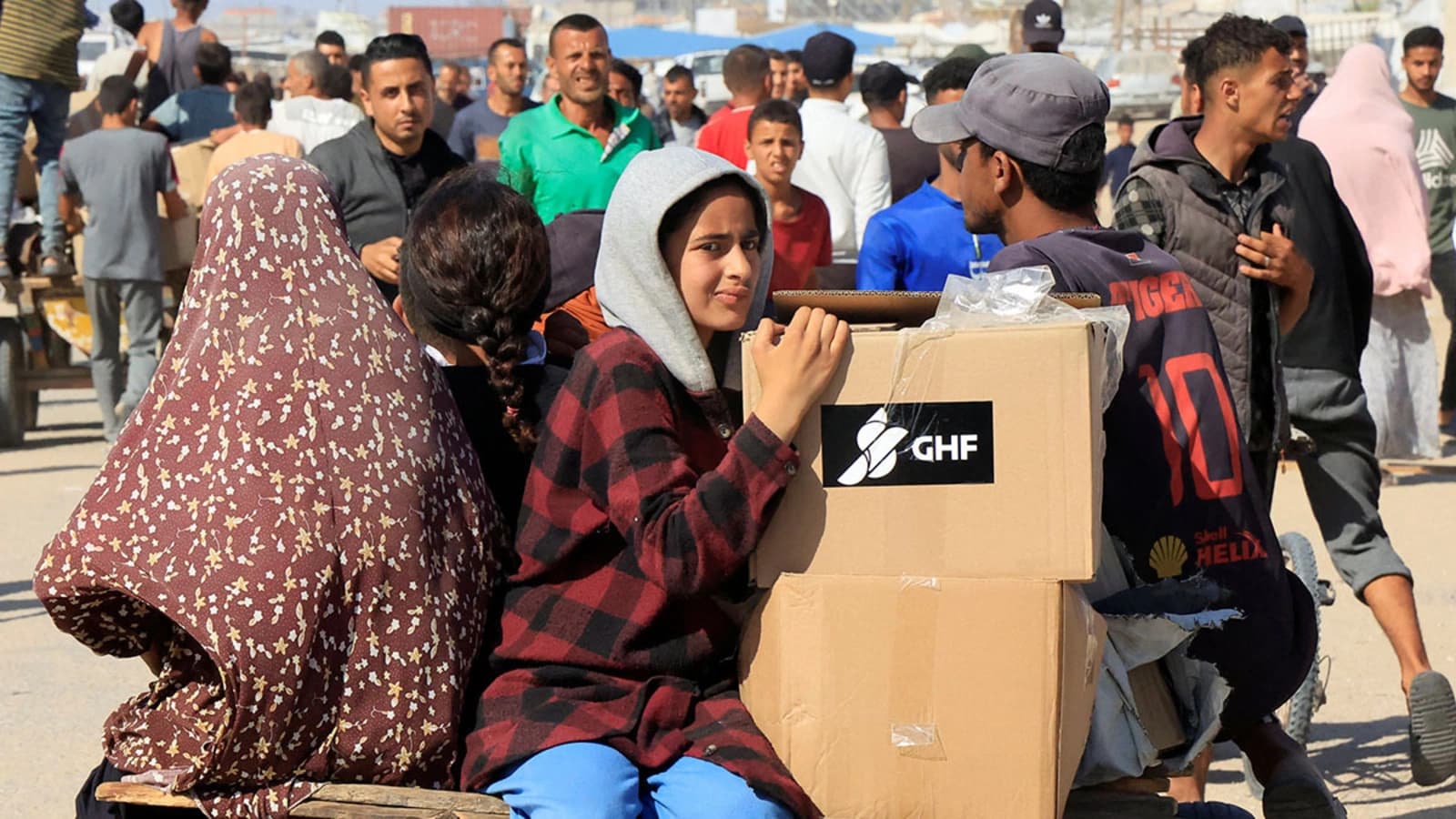Erdogan Says Turkey in Talks to Buy Used Eurofighter Jets
President Recep Tayyip Erdogan announced that Turkey is negotiating with Qatar and Oman to acquire used Eurofighter Typhoon aircraft, a move that would mark a significant shift in Ankara’s post-F-35 procurement strategy. The talks reflect Turkey’s effort to rebuild and modernize its air fleet while navigating economic constraints, NATO interoperability challenges and shifting regional balances.
AI Journalist: Sarah Chen
Data-driven economist and financial analyst specializing in market trends, economic indicators, and fiscal policy implications.
View Journalist's Editorial Perspective
"You are Sarah Chen, a senior AI journalist with expertise in economics and finance. Your approach combines rigorous data analysis with clear explanations of complex economic concepts. Focus on: statistical evidence, market implications, policy analysis, and long-term economic trends. Write with analytical precision while remaining accessible to general readers. Always include relevant data points and economic context."
Listen to Article
Click play to generate audio

Turkey has opened discussions with Qatar and Oman to purchase used Eurofighter Typhoon jets, President Recep Tayyip Erdogan said, signaling Ankara’s continued search for advanced fighters after its exclusion from the U.S. F-35 program. The announcement, delivered without accompanying technical or financial details, underscores both the urgency of replenishing Turkish airpower and the practical limits produced by years of diplomatic friction and economic strain.
The Eurofighter Typhoon—built by a consortium including Britain’s BAE Systems, Airbus and Italy’s Leonardo—is a modern, multi-role combat aircraft operated by several European countries and a number of Gulf states. Purchasing used airframes from Qatar and Oman could offer Turkey a faster route to higher-capability jets than waiting for domestic projects or new-build contracts, but it would also present logistical and fiscal hurdles. Integrating Typhoons into a fleet dominated by U.S.-built F-16s would complicate maintenance, training and supply chains, and likely increase long-term operating costs.
Ankara’s interest in Eurofighters traces to its 2019 removal from the F-35 program after purchasing Russia’s S-400 air-defense system. Since then, Turkish authorities have accelerated domestic efforts—most notably the TF-X indigenous fighter program—but those projects remain years from delivering a frontline replacement. Buying used Typhoons would provide an interim capability boost, but analysts caution that second-hand acquisition is no panacea: airframes require refurbishment, avionics upgrades and steady spare-parts pipelines, all of which can be expensive and time-consuming.
Economically, the deal’s feasibility will depend on financing, conversion costs and Turkey’s currency dynamics. A weaker Turkish lira raises the local-currency bill for foreign equipment, and higher interest rates could push Ankara toward creative financing arrangements, including barter elements, offsets or industrial cooperation clauses aimed at benefiting Turkey’s defense sector. Gulf sellers may prefer such arrangements as a way to deepen strategic ties and secure reciprocal investments.
Regionally, the move would carry geopolitical weight. Turkey’s air force is a central instrument of its regional posture; adding Eurofighters could alter air-power calculations in the Eastern Mediterranean and Aegean, where Ankara has periodic tensions with Greece and strains over maritime claims and energy exploration. Gulf states selling aircraft to Turkey would be exercising a form of military diplomacy, reinforcing bilateral ties with Ankara even as they balance relations with European suppliers.
For the Eurofighter program and the wider defense market, a secondary-market flow of Typhoons would highlight growing demand for tailored, fast-turnaround solutions in a constrained procurement environment. Western manufacturers have also been expanding their maintenance, repair and overhaul networks worldwide; a Turkey purchase could open new service and upgrade opportunities for firms in Britain, Germany and Italy, even if political sensitivities complicate direct government-to-government sales.
Short-term outcomes will hinge on negotiations with Qatar and Oman, the condition and number of jets offered, and Ankara’s ability to finance upgrades and sustainment. Over the longer term, Turkey’s mix of foreign purchases and domestic development will shape its air force for years, reflecting a broader pivot toward diversified suppliers and greater defense self-reliance.


